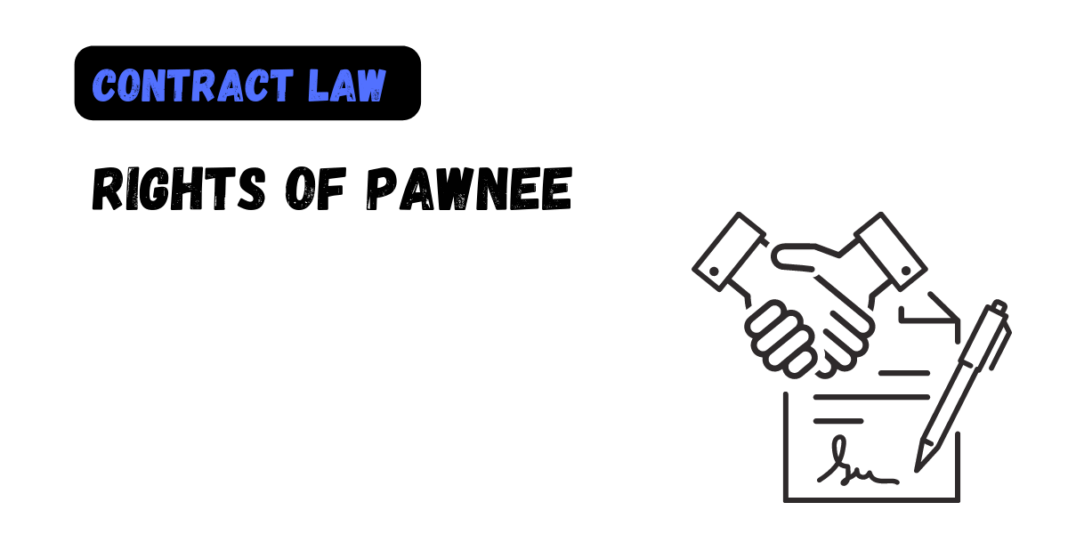As the holder of the pledged property, the pawnee (also known as the pledgee) has certain rights in a pledge agreement. These rights include:
- Possession: The pawnee has the right to hold and possess the pledged property until the pawner (also known as the pledgor) has satisfied the debt or obligation owed to the pawnee.
- Sale: If the pawner defaults on the debt or obligation, the pawnee has the right to sell the pledged property in order to recover the amount owed. The sale must be conducted in a commercially reasonable manner, and any surplus sale proceeds after satisfying the debt and costs incurred by the pawnee are returned to the pawner.
- Notification: The pawnee has the right to notify the pawner in case of any changes to the pledged property, such as its value or condition, and to request additional security or payment if necessary.
- Lien: The pawnee has a lien on the pledged property, which gives them the right to retain possession of the property until the debt or obligation is satisfied.
- Setoff: If the pawnee also owes money to the pawner, they have the right to set off the amount owed against the debt or obligation owed by the pawner.





